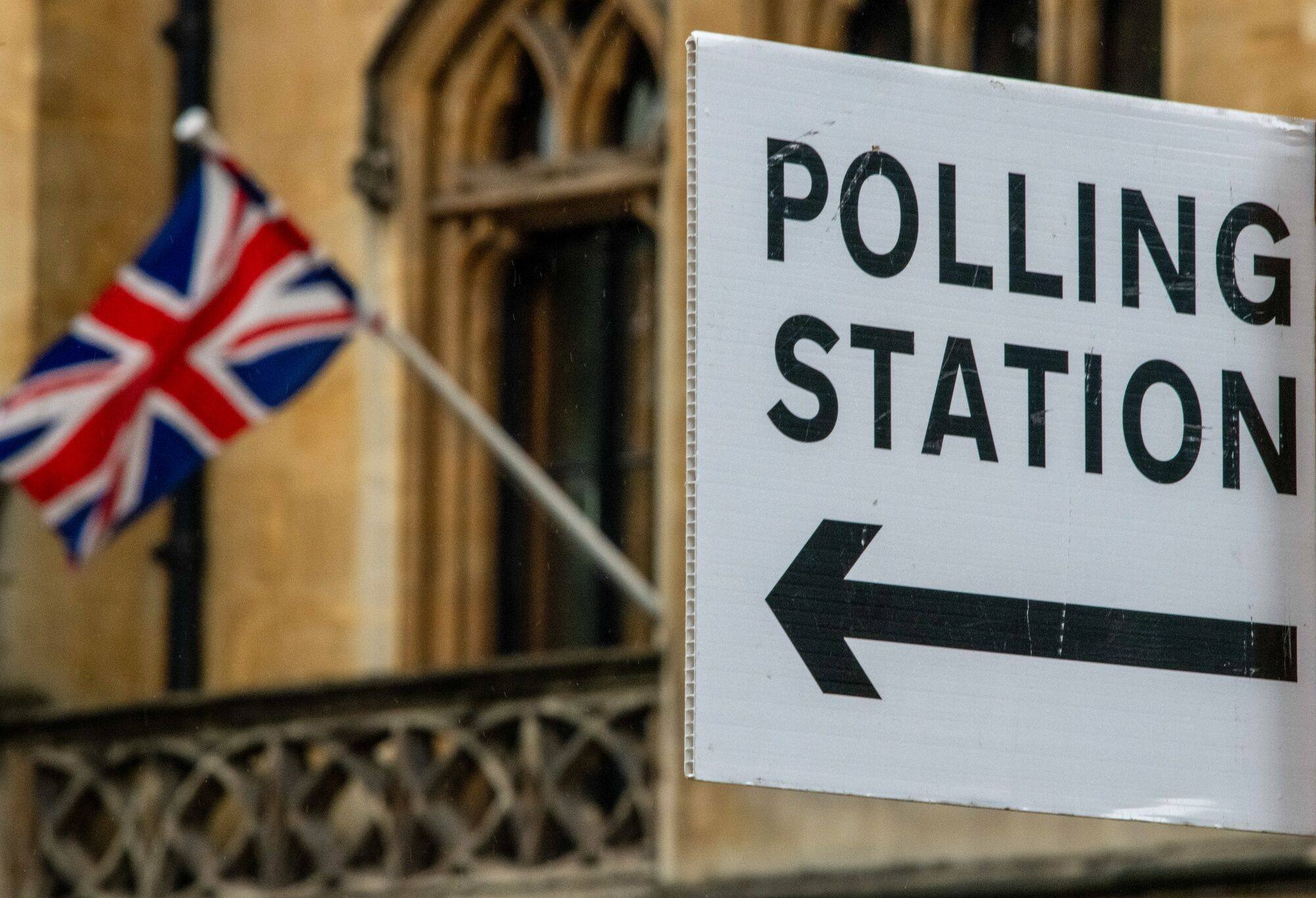Britain’s BN(O) visa scheme for Hongkongers unlikely to change under Labour, analysts say – Technologist
The British government launched the BN(O) pathway in January 2021 in response to the Beijing-imposed national security law the year before.
Among the first-time voters was 38-year-old Sue Wong*, who left Hong Kong in late 2021 and started a new life in Bishop’s Stortford, a town about 35km (22 miles) northeast of central London, with her husband and two children.
“We can’t really predict how the new government’s policies will affect us or in what ways, but we are glad that we are able to cast a vote on who will lead the country,” she said.
Her constituency elected its first Labour MP in its 41-year history, with a more than 20 per cent swing away from the Conservatives.
Under leader Keir Starmer, the new prime minister, centre-left Labour won at least 412 of the 650 seats in parliament.
In north London, Green Party supporter Tony Chan*, 31, decided to vote for the Labour Party to stop the Conservative candidate from having a chance of winning. Labour held onto the Tottenham seat, winning more than 57 per cent of the votes.
The consultant said the party’s stance on immigration mattered more to him, and the rise of Reform UK was a worry. Although the Reform candidate took only 4 per cent of the votes in Tottenham, nationwide the party gained 14.3 per cent of all votes and won five seats.
“Even though the Tories implemented the BN(O) visa scheme, their plan to forcibly deport asylum seekers to Rwanda disappointed me. With their failure to recover the economy, I have no better choice but to vote them out,” he said.
“As an immigrant with a BN(O) visa myself, I don’t believe there is a difference among immigrants from various places. When a society begins to become xenophobic or racist, none of us can remain unaffected.”
Kiwi Ting Wang-leung, a lecturer in comparative politics at the University of Reading, said Hongkongers should look at the rise of Reform UK with concern.
“As the Conservative Party is in a dire state after this devastating defeat, the right-wing of the party will inevitably look at adopting an even more anti-migrant position to fend off challenges from Reform UK, if not join forces with them in some form,” he said.
“A Tory party that swings further to the right and adopts an even more hardline position on immigration could lead to a more hostile environment for Hongkongers in the UK should they ever return to government in the future.”
Joe Chan*, 40, who settled in Wokingham, 60km west of London, two years ago, said not all Hongkongers were that concerned about Reform UK’s anti-immigration agenda.
“I was talking to my friends in a WhatsApp group this morning, and quite a few of them said they actually voted for Reform UK,” he said on Friday.

But the rise of Reform UK alarmed him. “The number of votes it received is astonishing, more than 4 million votes. This group of voters can certainly influence public opinion in the UK. I don’t think any major party, including Labour, can ignore this voice.”
But all the major parties had avoided alienating Hongkongers as they had been described as a “key minority” and “no political party would want to offend a group of people that it can actually get votes from”, he said.
Ting said a “consensus” existed among major parties on supporting the BN(O) scheme and he did not expect a “sea change” in policy regarding Hongkongers in the UK.
The Labour Party said in its manifesto that “we will stand with and support members of the Hong Kong community who have relocated to the UK” and promised to conduct a “full audit” of Britain’s relations with China.
Steve Tsang, director of the SOAS China Institute at the University of London’s School of Oriental and African Studies, said the BN(O) scheme was never a politically controversial issue in Britain and he expected the Labour government to reaffirm its commitment to it.
“As long as Hong Kong immigrants coming via the BN(O) scheme continue to settle well and integrate, and not provoke local community backlashes, the new government will reaffirm its commitment to the scheme,” Tsang said.
Heather Rolfe, director of research and relationships at the think tank British Future, said while the Conservatives had an edge in attracting Hongkongers for introducing the scheme, Labour’s priorities on jobs and skills might also appeal to those in the process of rebuilding working lives in the UK.
“The campaign brought BN(O)s face to face with candidates in hustings organised by local Hongkonger groups. Some of these took place in marginal seats, for example in Sutton, Southampton and Wimbledon where BNOs may have contributed to the outcome,” she said.
The Liberal Democrats, the third-largest party in terms of seats, defeated Tory incumbents in both Sutton and Wimbledon.
* Names changed at the interviewees’ request.



